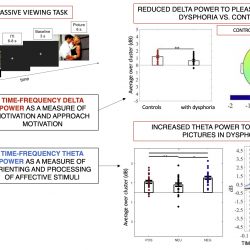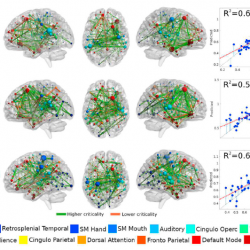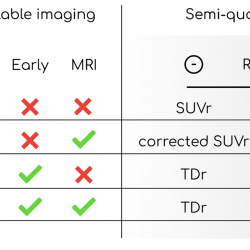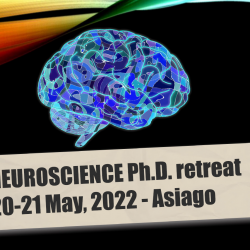A novel electrocortical approach for the identification of dysfunctional emotional processing in dysphoria


Reduced approach motivation, indexed by reduced emotional responding to pleasant stimuli, and increased cognitive elaboration of unpleasant stimuli, are increasingly considered putative risk factors for depression. A novel approach to simultaneously examine these two processes is to examine time-frequency delta and theta power while participants are exposed to emotional pictures. Indeed, delta power appears to have a functional role in monitoring the motivational relevance of affective cues and in the identification of pleasant/rewarding stimuli and is generated by subcortical regions involved in the motivational system. Whereas theta power reflects the processing of salient events and can be employed to assess cognitive processing during the viewing of affective content.













